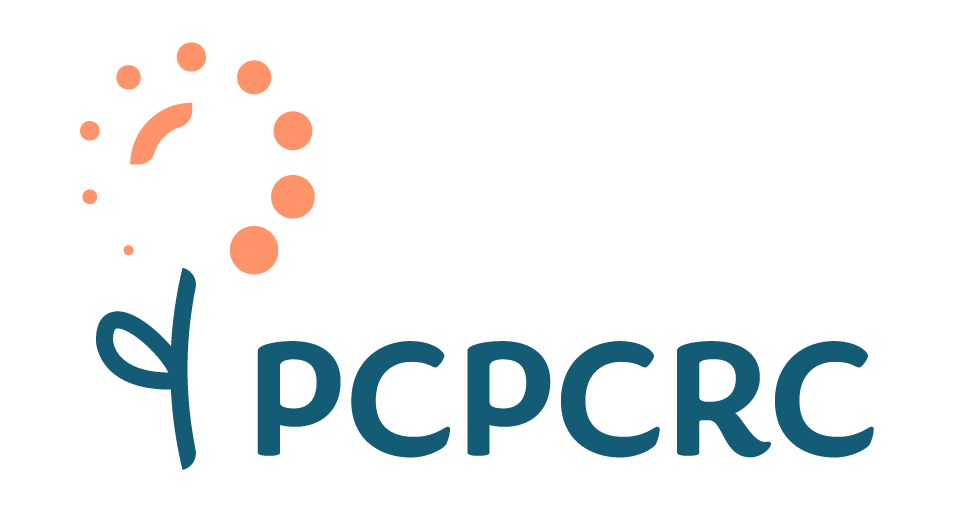
With over 100 investigators, healthcare providers, trainees, community and policy stakeholders, and patient and family partner members, the Pan-Canadian Palliative Care Research Collaborative is a network of practice-focused research groups aiming to produce high-quality palliative care research.
Our members have a passion for research and are looking to be actively involved in a palliative care research network. They come from many disciplines and include patients, caregivers, trainees, policy makers, clinicians, and researchers.
In his daily practice as a General Internist and palliative care provider, Dr. Kieran Quinn witnessed the effects of disconnected or siloed care, especially for patients at the end of their lives or with serious illness. As patients struggle to find the coordinated care they need, when they need it, and where they need it, they often turn to the acute healthcare system—”certainly,” Dr. Quinn points out, “not where most people want to spend their final days.”
Dr. Quinn is a General Internist and Palliative Care Clinician-Scientist at Sinai Health System in the Department of Medicine and Institute of Health Policy, Management and Evaluation at the University of Toronto. He is also currently the Assistant Director of the Ontario Public Health Emergencies Science Advisory Committee and an Expert Member of the Chief Science Advisor’s National Task Force on the Post COVID-19 Condition.
Dr. Quinn’s passion centers around improving access to high quality end-of-life care, specifically palliative care that can support people through serious illness and ensure that the care they receive is aligned with their goals and needs for end of life. He focuses on improving access for people with non-cancer illness, like heart failure or dementia.
Research, he says, is a team sport. It requires diverse perspectives—and lots of them. “The ability to expand our network into a national profile and work with people from all different provinces and territories is not an easy thing to do,” he says, “unless you have a well set-up research structure like the PCPCRC. That has been really helpful in advancing my career and meeting new people to work with.”
For Quinn, one of the most valuable resources available through the PCPCRC is the ability to share expertise. By working with the PCPCRC’s KT Coordinator, Dr. Quinn and his team have been able to develop exciting knowledge translation tools to make sure the research reaches the knowledge users who are most interested in or affected by it. “I don’t think this would have happened if I was left to my own devices without that knowledge and expertise,” he explains. “It is a perfect example of how when you have access to new people and new relationships, your work is just stronger and better.”
Visit the study materials generated from Dr. Quinn’s work on virtual end-of-life care here.

